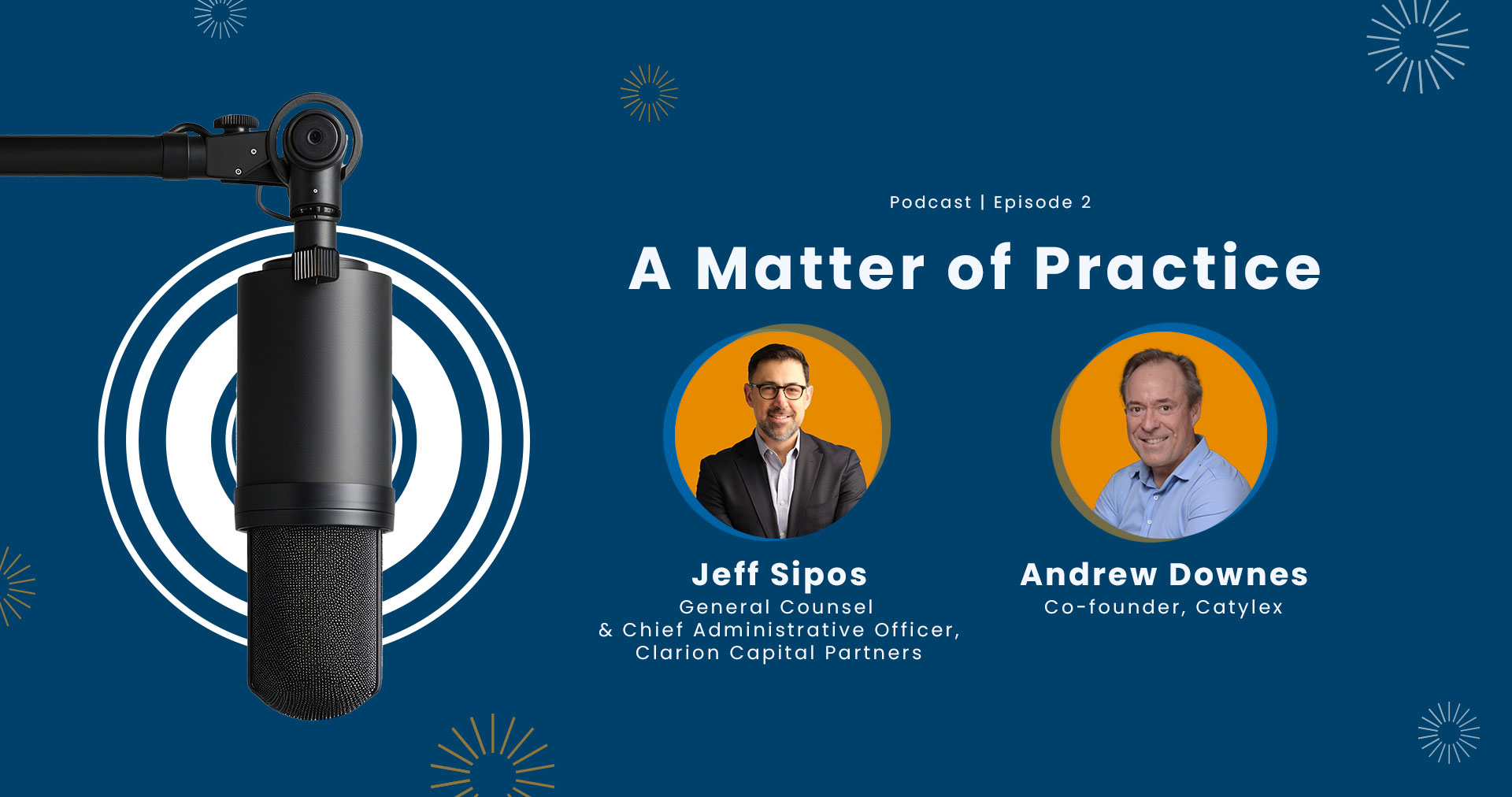General Counsels today are judged on more than protecting the company. Boards want efficiency. CEOs want contracts that move revenue faster. Teams want breathing room. All of this with budgets that rarely keep pace.
The patterns are clear across conversations with dozens of legal heads and general counsel:
- Most pointed to contract volume and turnaround times as their biggest operational headache.
- Many flagged regulatory risk and compliance as a rising concern.
- A significant number admitted they feel pressure to ‘do more with less,’ even as demands on their departments grow.
- While AI consistently topped the list of ‘skills GCs need to learn in 2025,’ few feel confident about using it safely.
This is why ALSPs (Alternative Legal Service Providers) are quickly becoming an essential extension of the legal function. But not all ALSPs are built equal. Some will multiply your department’s impact, while others will quietly erode trust and cost more time and money.
If you’re a GC looking to work with an ALSP to prioritize your goals without compromising on legal operations or delivery, here are five questions you should ask before signing on the dotted line.
1. Can they align with your strategy, not just execute tasks?
ALSPs shouldn’t just clear your backlog. They should understand your priorities — whether that’s tightening third-party risk, accelerating revenue with faster contract cycles, or preparing your department for AI governance. They should also add value through their services.
2. Do they deliver measurable efficiency?
It’s not enough to promise savings. Ask for hard proof:
- Average contract turnaround time
- Error rates
- Cost savings compared to outside counsel
Without hard metrics, you’re left guessing. And when you’re guessing, you can’t be sure if the partner is actually moving the needle on your goals and delivering true ROI.
3. Will they strengthen your defenses?
Cybersecurity, data integrity, and regulatory compliance aren’t optional. Make sure your ALSP has traceability, certifications, and ethical guardrails in place before they touch a single document.
4. Can they help you scale — and ask the right questions?
Your workload won’t always be steady. You’ll need a partner that can flex up for a surge in due diligence, then scale down without wasting budget, while still evolving with you as regulations and AI reshape the landscape. But it shouldn’t be one-sided. A strong ALSP will also challenge you with the right questions: Where is your department headed? Are your current processes future-proof?
That’s how you know they’re invested in your long game, and not just the next task order.
5. Do they speak AI and translate it into real outcomes?
In a survey carried out by Thomson Reuters, 72% of legal professionals viewed AI as a force for good in their profession. AI is powerful, but it’s only as good as the people guiding it. Look for an ALSP that not only uses AI for speed, but also keeps you in control of judgment, ensuring outputs meet your standards as opposed to just an algorithm.
How we tuned AI to review 2 million clauses
Hiring an ALSP isn’t about slashing costs. It’s about building resilience, speed, and strategic edge into your legal function. The right partner will do more than just lighten your load. They will multiply your impact.
Source: Thomson Reuters
Curious what that looks like in practice?









